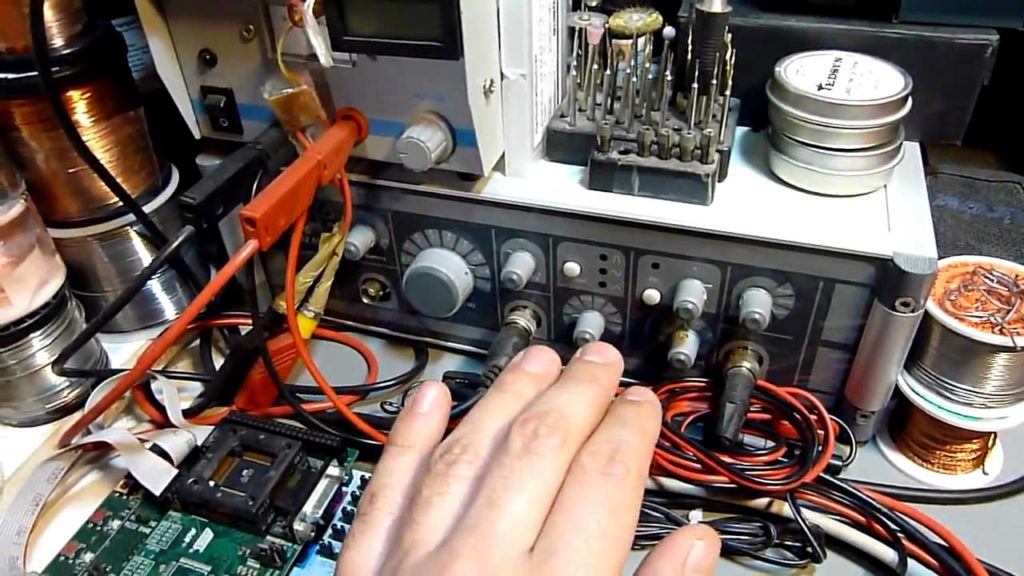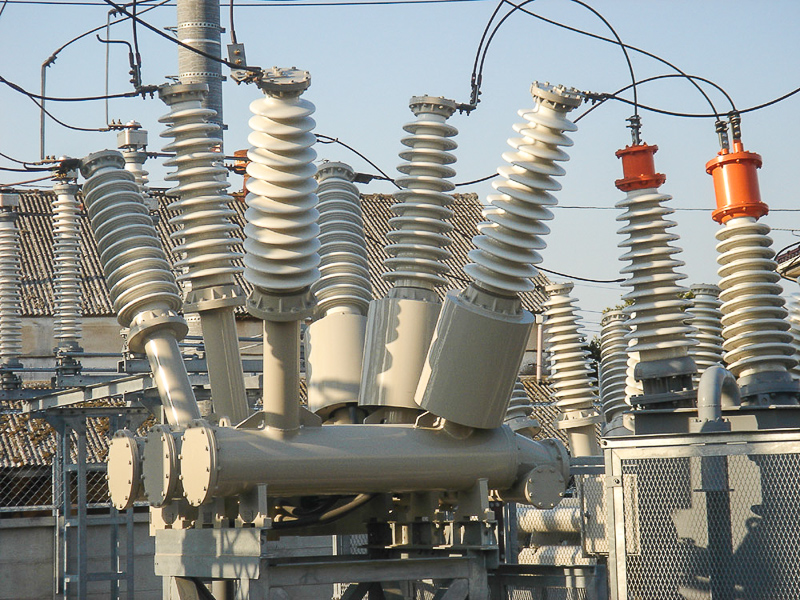DIPLOMA IN ELECTRICAL ENGINEERING
FIRST SEMESTER
1.1 Communication Skills-I 20
1.2 Applied Mathematics – I 22
1.3 Applied Physics – I 25
1.4 Applied Chemistry 30
1.5 Engineering Drawing-I 35
1.6 Basics of Information Technology 39
1.7 General Workshop Practice-I 44


SECOND SEMESTER
2.1 Applied Mathematics – II 48
2.2 Applied Physics -II 50
2.3 Basic Electrical Engineering 55
2.4 Basics of Mechanical and Civil Engineering 59
2.5 Analog Electronics 63
2.6 General Workshop Practice-II 67


THIRD SEMESTER
3.1 Applied Mathematics -III 70
3.2 Electrical Instrumentation and Measurement 73
3.3 Electrical and Electronics Engineering Materials 78
3.4 Digital Electronics 83
3.5 Electrical Machine – I 86
3.6 Environmental Studies 90
FOURTH SEMESTER
4.1 Communication Skill- II 93
4.2 Industrial Electronics and Control 96
4.3 Electrical Design, Drawing and Estimating-I 100
4.4 Power Plant Engineering 104
4.5 Transmission and Distribution of Electrical Power 108
4.6 Energy Conservation 112
4.7 Universal Human Values 117
– Industrial Training 121
FIFTH SEMESTER
5.1 Industrial Management and Entrepreneurship Development 122
5.2 Switchgear and Protection 127
5.3 PLC, Microcontroller and SCADA 130
5.4 Electrical Machine – II 133
5.5 Elective 137
SIXTH SEMESTER
6.1 Installation, Maintenance and Repair of Electrical Equipment 150
6.2 Electrical Design, Drawing and Estimating II 154
6.3 Utilization of Electrical Energy 158
6.4 Application of Computer Software in Electrical Engineering 162
6.5 Project Work 164


Some of the objectives are :
A battle is half won when one gains the habit of setting goals and achieving them. Even the most tedious chores will become endurable as one parade though each day, convinced that every task, no matter how menial or boring brings you closer to fulfilling your dreams. Like ways at SAMS, we have some goals and connected objectives to turn our students into technocrats of tomorrow.
Some of these objectives are:
- To motivate our students to pursue their education in such a manner so that they can lead the next generation in transforming the engineering disciplines .
- To introduce them, with not just the theoretical aspects of their curriculum but with the practical and most updated innovations of the industry through class presentations, assignments and live demonstrations in state-of-the-art laboratories and workshops.
- To make them understand natural systems, to foster the intelligent use of resources and to design sustainable infrastructure systems.
- To respond to the growing needs of students belonging to the lower and middle strata of the society.
- To facilitate them with industry insight through industrial training and industrial visit incorporated in curriculum.
- To provide them the quintessential requirements of today�s industrial arena viz. communication skills, human resource management and marketing.
- And lastly, to build them as individuals who can usher in technology driven economic development of the country in order to enrich the quality of life of its citizens.
Eligibility : Minimum qualification for securing admission to the Diploma in Engineering in Civil, Electrical, Electronics and Computer Science in class 10th, passed or appearing from a recognized board.
